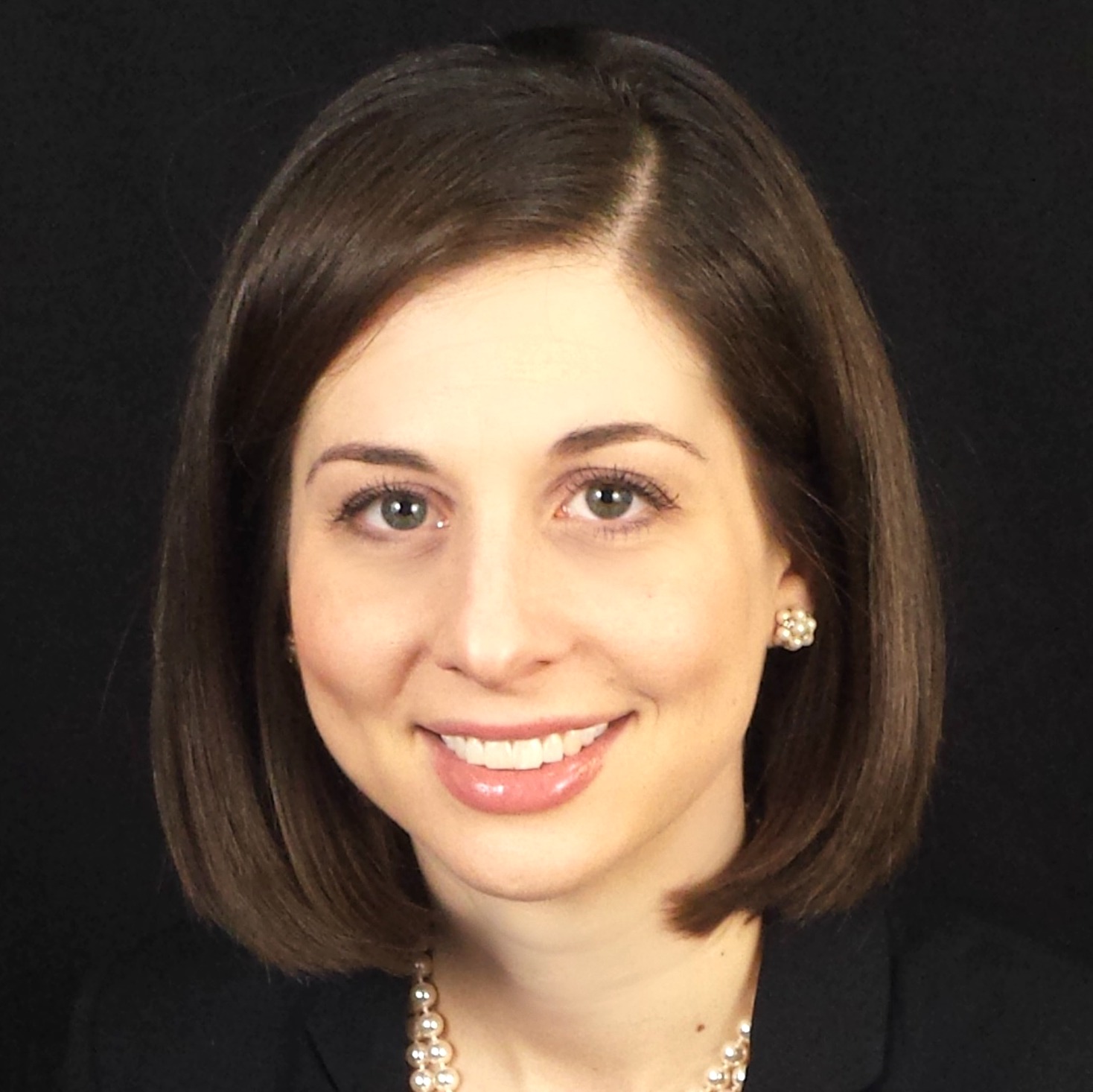
As the end of a unique and challenging school year looms near, talk of passing school budgets is in full swing, and with it comes the implementation of GASB 84-Fiduciary Activities.
After a one-year delay, adoption of this new standard is at the forefront of school district business officials’ minds. In combination with countless other budgetary and regulatory changes at a federal and state level coming out of the pandemic, some school leaders may be scrambling to understand yet another new requirement that may have fallen off the radar as other challenges took precedence.
Required implementation for the June 30, 2021 fiscal year, GASB 84 clarifies the criteria used by school districts in identifying fiduciary activities. Although the scope of this statement includes component unit and post-employment benefit plan considerations, school districts are primarily impacted by two major types of transactions, new terminology, and additional financial statement presentation requirements.
Districts will first want to ask themselves, “Does the government have control of the assets?” If not, then this is not a fiduciary activity or a governmental activity.
If yes, the next question is, “Are the assets in question generated from the government’s own source revenue?” If yes, then this is a governmental activity. If no, the activity may or may not be a fiduciary activity and there are certain criteria that must be considered in determining if the activity qualifies as a fiduciary activity.
Two Major Types of Transactions Impacted by GASB 84:
Extra-Classroom Activity (ECA) Funds
Historically, ECA Funds have been reported in the Agency Fund within the fiduciary funds. Upon implementation of GASB 84, with extremely limited exceptions, ECA Funds will no longer be considered fiduciary in nature due to administrative involvement on the part of the school district that will, as a result, require reporting these transactions as a governmental activity.
The district should establish a Miscellaneous Special Revenue Fund (CM Fund) that will record both an asset and net position in the amount of funds held at fiscal year-end, as well as revenues and expenditures to represent the additions and deductions throughout the fiscal year.
Payroll Related Withholdings
Payroll withholdings have historically been recorded in the Agency Fund. Upon implementation of GASB 84, these transactions will no longer qualify as fiduciary in nature based on the fact that the funds are not held in trust, are not for the benefit of another government or organization outside of the reporting entity, and the district has administrative involvement.
As such, any amounts withheld and not yet remitted by the district as of fiscal year-end, should be recorded as a liability, at a minimum in the General Fund, with consideration given to the applicability and significance of payroll expenditures in other funds.
Terminology & financial statement presentation changes
GASB 84 will also require that the Agency Fund now be referred to as the Custodial Fund. Furthermore, contrary to the Agency Fund, which simply reported assets and liabilities, the Custodial Funds will now present a resource flow statement. This means, similar to the Trust Funds, the Custodial Funds will present additions and deductions.
To make the necessary changes and comply with GASB 84, school district business officials should consult with their accountant and other trusted financial partners who have also been keeping a close eye on this and other unique aspects of this year’s financial reporting requirements.
For more general information on the adoption of this new standard, check out the GASB 84 Implementation Guide: Implementation Guide No. 2019-2, Fiduciary Activities (specifically paragraphs 4.15 through 4.26) and November 2020 NYSOSC Bulletin on GASB 84 (see page 7).
Keeley Ann Hines is principal at The Bonadio Group, an accounting firm.









